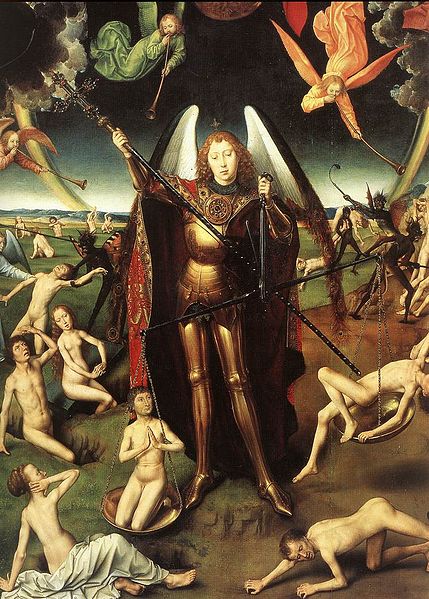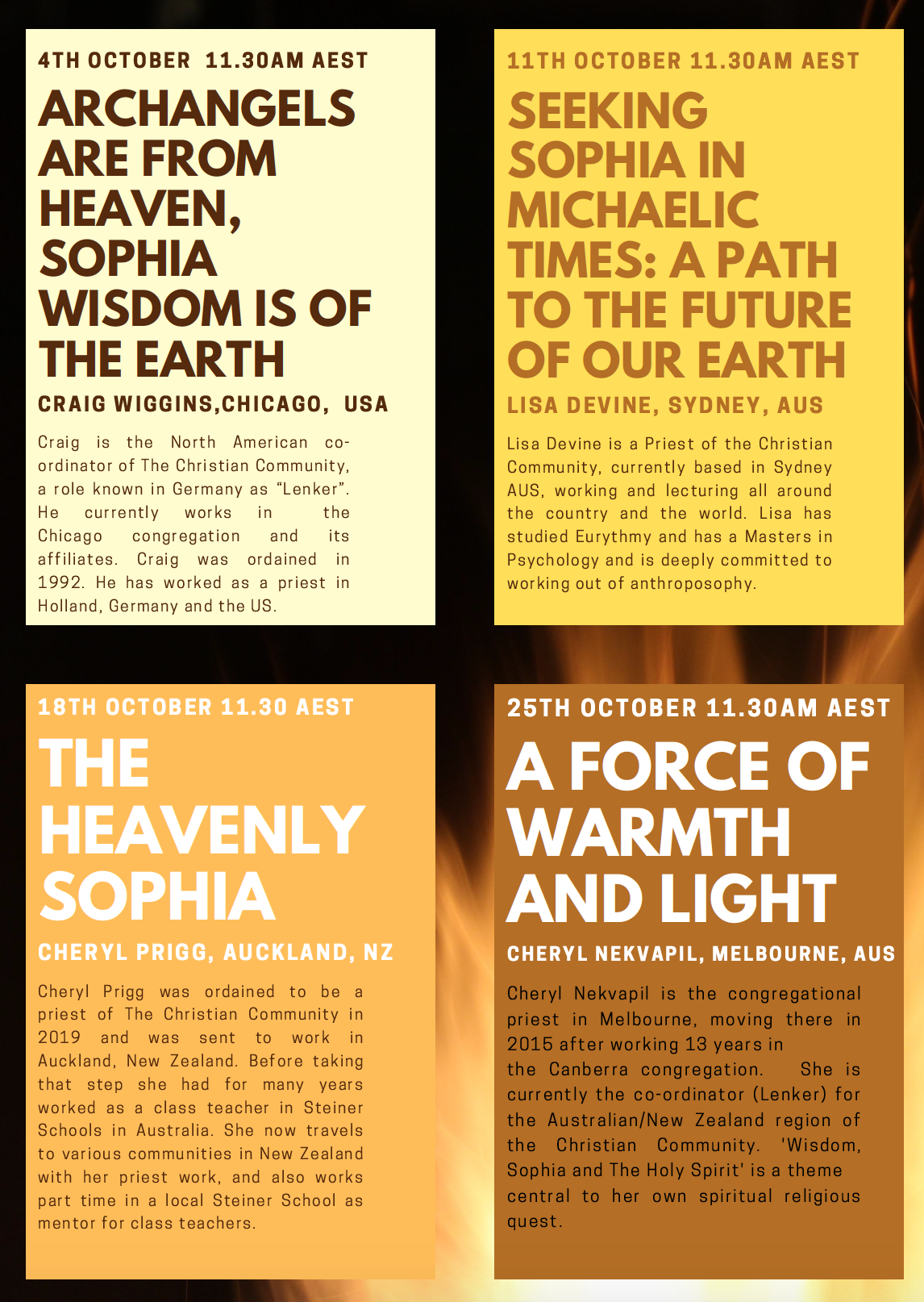You have the name of being alive…(Rev. 3:1)
You Have the Name of Being Alive… (Rev. 3:1)
When we are tired after a busy workday and look back on what we have done, we are likely to feel the heavy burden of all the obligations we had to fulfill. That is because our pace of life does not allow us to stand still. We run from one obligation to the next. And when we are not running, we get left behind by the facts. Our hectic world cannot be compared with the time when daily life consisted of work and prayer: ora et labora. When prayer started to disappear from daily life, the motto became: work and relax—in which relaxing usually means: do nothing, do not think, look for recreation. In our time there is a new, grim perspective: work and burn out. In a world that roars past at a breathtaking speed we run the risk of being driven on until we fall down. How can we stand up in such a world?
Sooner or later we will be facing a moment when we realize: this is the last day of my life. Would we then still think the same way about all the so-called obligations of our existence?
From the perspective of eternity, everything looks different. Much of what on earth looks necessary becomes insignificant, or even less. For the spiritual world we humans are like walking dead: “You have the name of being alive, and you are dead.” For our narrow-minded, utilitarian thinking, to pray or to sit before an altar is a waste of time: we are doing nothing, producing nothing, earning nothing.
But for the spiritual world things are different. In prayer, at the altar, our mortal existence is called to life. There Christ invests our perishable being with the white robe of His pure life—that we bury not our eternal being for the sake of our temporal.
–Rev. Bastiaan Baan, November 1, 2020.


